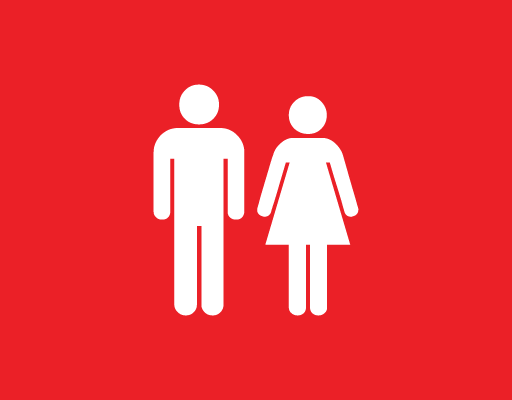Being a Sports Assistant
Course Modules
Start Course
| Module 1 | Module 1 |
| Unit 1 | Welcome to Special Olympics |
| Unit 2 | What Makes Special Olympics Different? |
| Unit 3 | Our Athletes |
| Unit 4 | Being a Sports Assistant |
| Unit 5 | Assessment |
| Unit 6 | Sport: Level 1 Sport Assistant Course Evaluation Survey |
Powered By WP Courseware
Module Summary
What we expect
This component displays an image gallery with accompanying text. Use the next and back navigation controls to work through the narrative.
We expect our Sports Assistants to behave in certain ways to ensure the best experience for everyone.
Protecting our athletes
We also expect our Sports Assistants to behave in such a way that the safety and security of all, particularly our athletes, is prioritised. Our aim is to ensure that athletes are protected from abuse, inappropriate behaviour, neglect, or any other compromising situation. In addition, we want to ensure our volunteers and coaches understand what behaviour is acceptable and how to act when concerns are raised.
Many Special Olympics programmes require their volunteers in all roles to complete specific training in this area. You should contact your local programme to find out more.
Now we are going to highlight some of the types of abuse which may occur and provide you with some simple tips to ensure you and your athletes are protected when travelling to competitions. Remember that this does NOT replace your local programmes training requirements.
Types of abuse
There are four main types of abuse. We’re going to have a look at each, what they might involve, and what signs to look out for.
It is very important that you understand the responsibilities and duties around protecting and safeguarding which are placed upon you in your local programme. In particular you should be familiar with the required reporting protocol in your programme. This will ensure you know what steps to take if you have concerns about the well being of any athlete within your group.
Select each heading from the list below to find out more.
This can involve physical violence towards the individual, withholding
of food or water, use of excessive force to control, and physical
confinement as a means of control.
Signs include unexplained bruises, injuries, and weight loss, aggressive or withdrawn behaviour, and dislike of changing clothing in presence of others.
Signs include unexplained bruises, injuries, and weight loss, aggressive or withdrawn behaviour, and dislike of changing clothing in presence of others.
Emotional abuse can be ongoing verbal abuse, demeaning or belittling of
the individual, exposure to violence, and lack of provision for
education or development.
Indications can include individual being regularly upset or crying, excessively clingy or dependent on coaches and volunteers, and showing an unprecedented drop in performance.
Indications can include individual being regularly upset or crying, excessively clingy or dependent on coaches and volunteers, and showing an unprecedented drop in performance.
An individual is suffering from neglect if they are deprived of food,
warmth, clothing, hygiene, emotional attachment, safety, or medical
care.
Evidence of neglect can include an ongoing dishevelled appearance, untreated illnesses or injuries, progressive weight loss, and a reluctance to go home.
Evidence of neglect can include an ongoing dishevelled appearance, untreated illnesses or injuries, progressive weight loss, and a reluctance to go home.
Sexual abuse includes inappropriate touching or physical contact,
exposure of the individual to sexual acts, sexual exploitation, and
exposure to sexual activities (including non-contact activities).
Red flags include inappropriate or overly sexualised behaviour, language or awareness, damaged or bloodstained clothing, distrust of adults or of certain cohorts of adults, sudden drops in performance or changes in behaviour.
Red flags include inappropriate or overly sexualised behaviour, language or awareness, damaged or bloodstained clothing, distrust of adults or of certain cohorts of adults, sudden drops in performance or changes in behaviour.
Travelling to events
You need to be particularly vigilant with protective behaviours when travelling to events with athletes. Here are some tips for ensuring everyone's safety.
Other resources
As we said before, this is not a replacement for proper protective behaviours training, which will be delivered by your local organisation. Protective behaviours training may be available under a number of different commonly used names such as: Protective Behaviours, Code of Ethics, Child Protection, Children’s Officer, Safeguarding, and Child Welfare.
In addition to the above, you will need to familiarise yourself with:
- The Athletes Code of Conduct
- The Coaches Code of Conduct
- The Volunteer Code of Conduct






